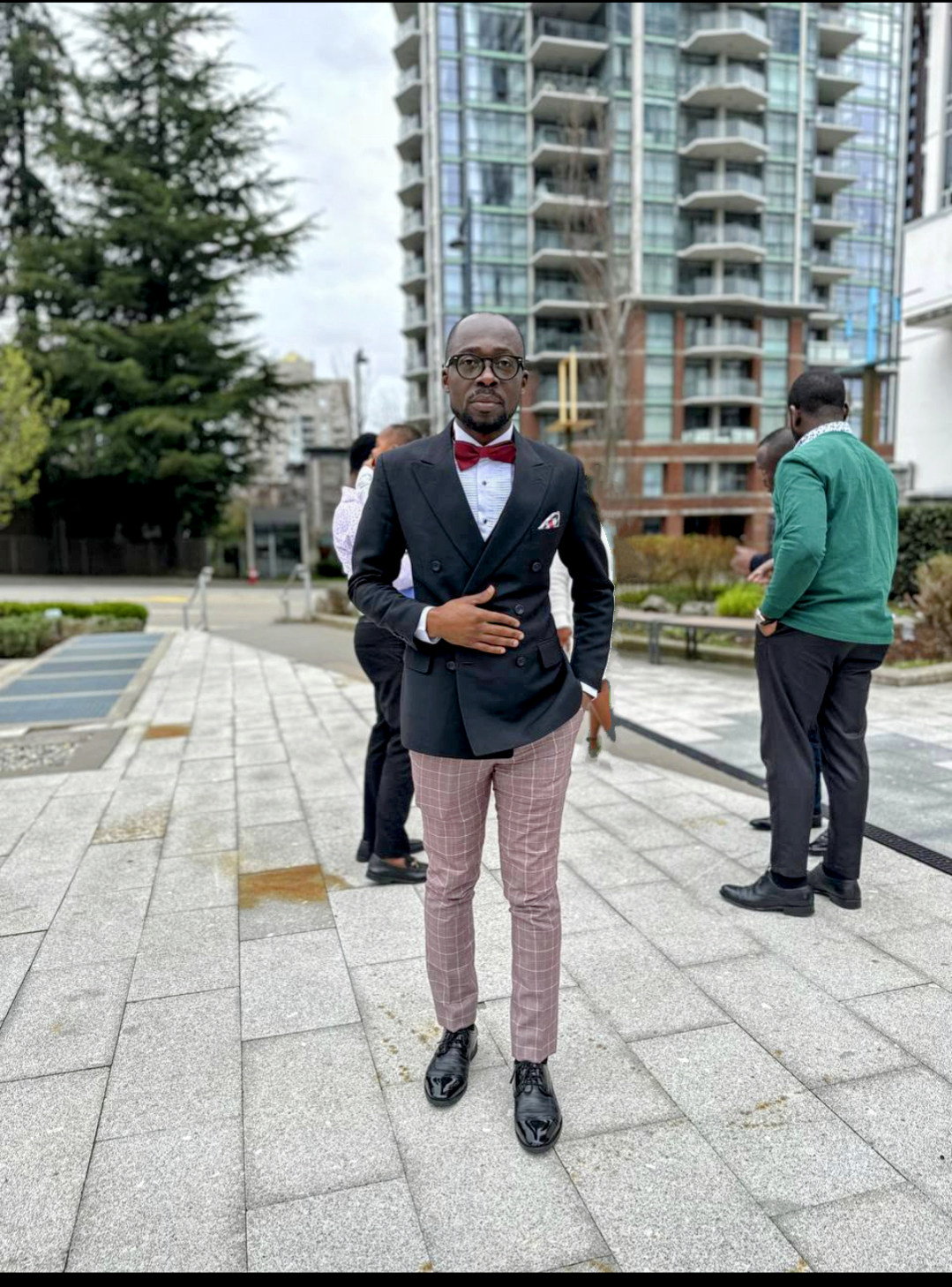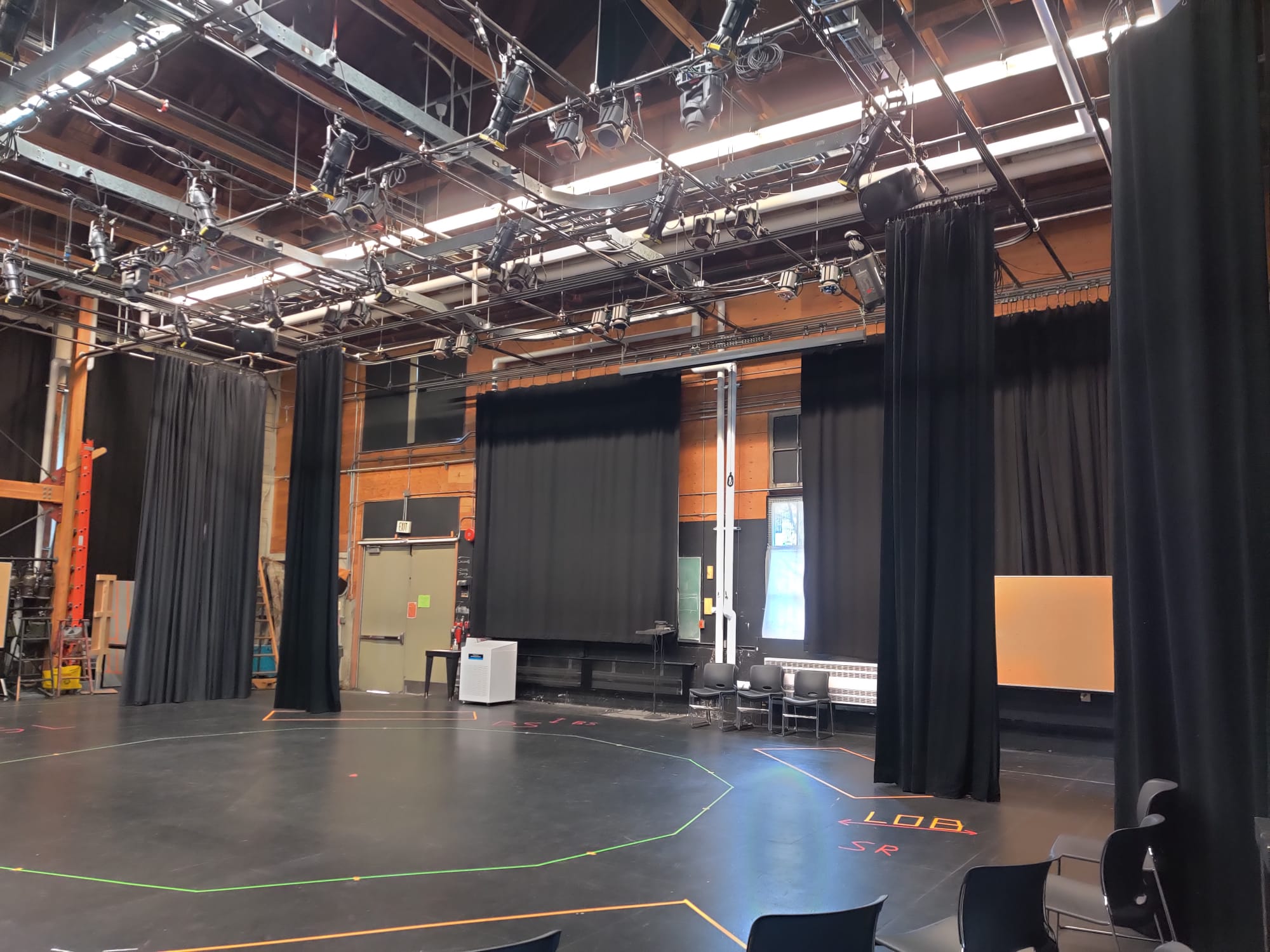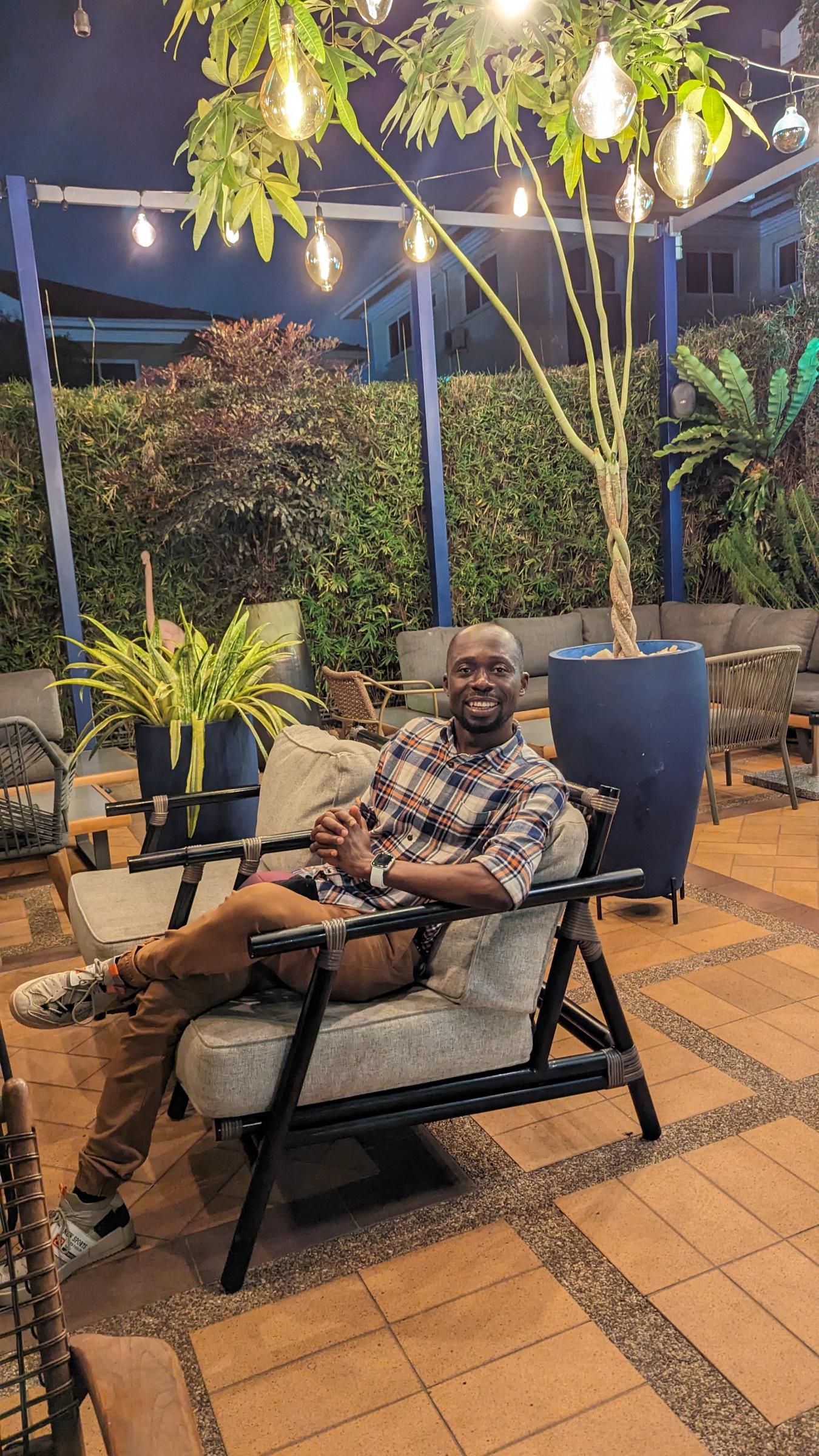Stephen Oppong
The public-facing nature of this work will help me to bring my work to diverse audiences in the Metro Vancouver area. It will allow me to make my academic research accessible to a broad range of audiences while bringing African theatre to new audiences. Not only would this support my research and artistic goals, but it would also support the goals of the Department of Theatre and Film and the UBC, which seek to foster better engagement with BIPOC community members, both on campus and beyond.
Research description
I intend to direct the Canadian premiere of Ernest Kwasi Amponsah's play, King Musu, for three performances at the Dorothy Somerset Studio, University of British Columbia, during the 2023/2024 academic year. As a Ghanaian adaptation of Sophocles' 5th-century BCE play, Oedipus Rex, King Musu examines the perennial economic, political, and developmental hardships in Africa that lead to the suffering and untimely deaths of citizens of the potentially prosperous continent. The play does this by inviting the audience to search for the root causes of these hardships and uproot them to bring about their end and create hope for the people's future. This stage production ties into my intended research and will serve as one of the 21st-century Greek theatre adaptations in Africa, which my proposed dissertation, with the topic: "21st Century Receptions of Classical Greek Theatre in Africa," seeks to study.
What does being a Public Scholar mean?
PSI provides me with the invaluable opportunity to network with, learn from, and share my experiences with a group of unbelievably intelligent and focused researchers who are aspiring to change the world in the best possible ways.
In what ways do you think the PhD experience can be re-imagined with this Initiative?
With a powerful support group such as PSI on my side, I cannot be alone in what appears to be a lonely journey toward attaining my Doctor of Philosophy degree. As a member of the PSI cohorts, I know there will be people around to cushion me, encourage me on the way, and provide me with direction when needed.
How do you envision connecting your PhD work with broader career possibilities?
Even though my doctoral work at UBC is rooted in traditional academic methodologies, I am also a theatre practitioner. As such, this production will allow me to continue my theatre practice with the institutional support of UBC and PSI. This will be of significant value to my future career prospects as many jobs in theatre departments look to hire individuals who can teach theatre history, theory, and practice. A record of directing plays in a university setting, alongside my dissertation, will strengthen my CV and make me a stronger candidate when I move on to the job market. I would like to incorporate Practice-as-Research methodologies into my doctoral work, and PSI support for this project would make that possible.
How does your research engage with the larger community and social partners?
The public-facing nature of this work will help me to bring my work to diverse audiences in the Metro Vancouver area. It will allow me to make my academic research accessible to a broad range of audiences while bringing African theatre to new audiences. Not only would this support my research and artistic goals, but it would also support the goals of the Department of Theatre and Film and the UBC, which seek to foster better engagement with BIPOC community members, both on campus and beyond.
Why did you decide to pursue a graduate degree?
My intention for pursuing a graduate degree is to open myself to attain quality, current, and relevant knowledge in research and practice that have the potential to mold me into a critical thinker with relevant skills to uncover some serious problems in my area of study, proffer and help implement desirable solutions for changes and development in the ever-changing world.
Why did you choose to come to British Columbia and study at UBC?
UBC is globally recognized for its teaching and research excellence, high academic standards, a global reputation for producing leading-edge research, and extraordinary reception for diverse cultures and minority groups, making it an attractive choice for most international students. Students appreciate UBC's beautiful campuses, which foster sustainability. Also, Vancouver, where UBC is located, is a top choice among students for its vibrant city life and endless work opportunities.
PSI provides me with the invaluable opportunity to network with, learn from, and share my experiences with a group of unbelievably intelligent and focused researchers who are aspiring to change the world in the best possible ways.







